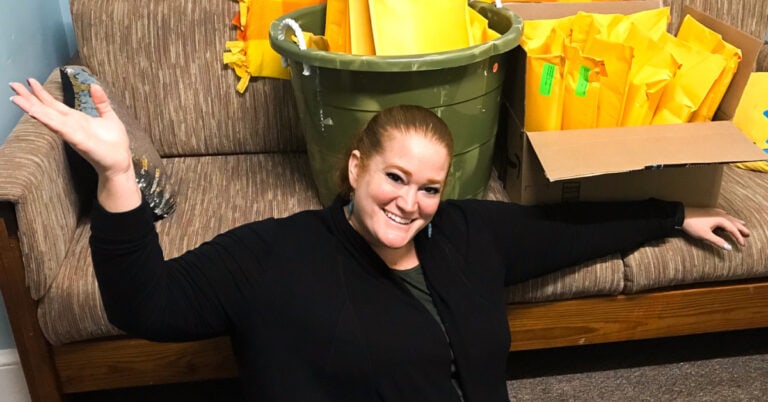Betty Lovell has always had a heart for children. Her heart, coupled with her more than 44 years of working with at-risk children made the idea of a career with Crossnore as a Cottage Parent (CP) very appealing. Betty first saw the ad for Cottage Parent positions in 2018. She was familiar with Crossnore because in her work at the Department of Social Services, she transported children back and forth for visits. Fast forward a couple of years, and the timing was right. Betty was excited to join our Winston-Salem campus as a CP this past October.
A heart for the work.
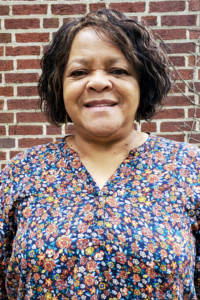 Betty has worked at DSS, the Sheriff’s office, as a weekend manager at a homeless shelter, and at Crossroads Behavioral Health, among others. She also has volunteer experience as a Guardian Ad Litem for children in foster care. In short, she understands trauma, and its effects. She has always had a heart for children, and has obviously devoted her life to helping others.
Betty has worked at DSS, the Sheriff’s office, as a weekend manager at a homeless shelter, and at Crossroads Behavioral Health, among others. She also has volunteer experience as a Guardian Ad Litem for children in foster care. In short, she understands trauma, and its effects. She has always had a heart for children, and has obviously devoted her life to helping others.
Nothing has surprised her much about the job, since she has been in this world for such a long time. Her heart for the children is indisputable. But she’s been pleasantly surprised at their heart for her too. Despite the trauma they’ve endured, the children in her cottage have accepted her with open arms. When these children cannot be with their parents, they have learned that Betty is a safe place and a soft place to land. “We all come from different walks of life,” says Betty. “Just to be a positive chapter in their lives makes me happy.”
Helping them know they’re loved.
Obviously like with any job, this one comes with its challenges. Betty says it’s hard to hear and know their stories, when so many of them have come from such hard places. Despite the hard stuff, Betty knows that fostering is not about her. Whether as a residential Cottage Parent or a community foster parent, this work is about the children. “You have to work for the best interest of the child,” Betty says. “I just want them to know they are loved. And a kind word can go a long way.”
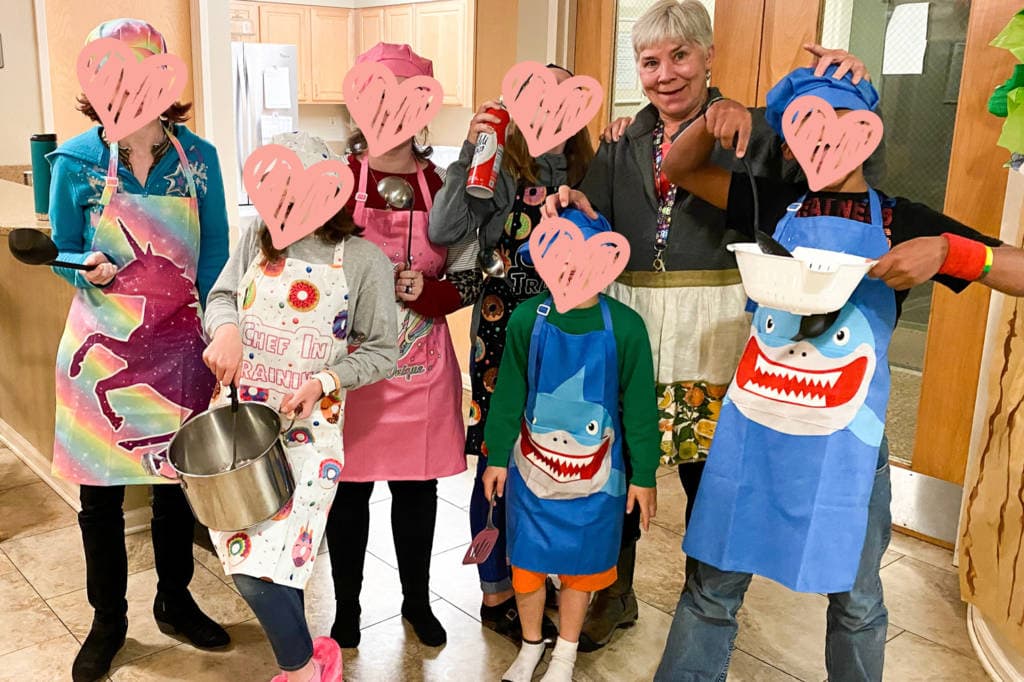
Grace is the name of the game when it comes to being a Cottage Parent. Betty stresses the importance of active listening and truly trying to understand where the kids are coming from. “These children need love, not to be judged,” she says. “I was once their age. The things they do and say are not the worst. We can work through it all together.”
Embracing the fun(ny) moments.
Obviously there are big and emotional moments in Cottage Parenting, just like in “normal” parenting. But there are hilarious moments too. “One time, one of the kids didn’t want to take a bath in the tub and would always take a shower. When questioned why he didn’t like to take tub baths he shared that he was afraid he would go down the drain because he was so small! We both laughed and laughed,” Betty shares.
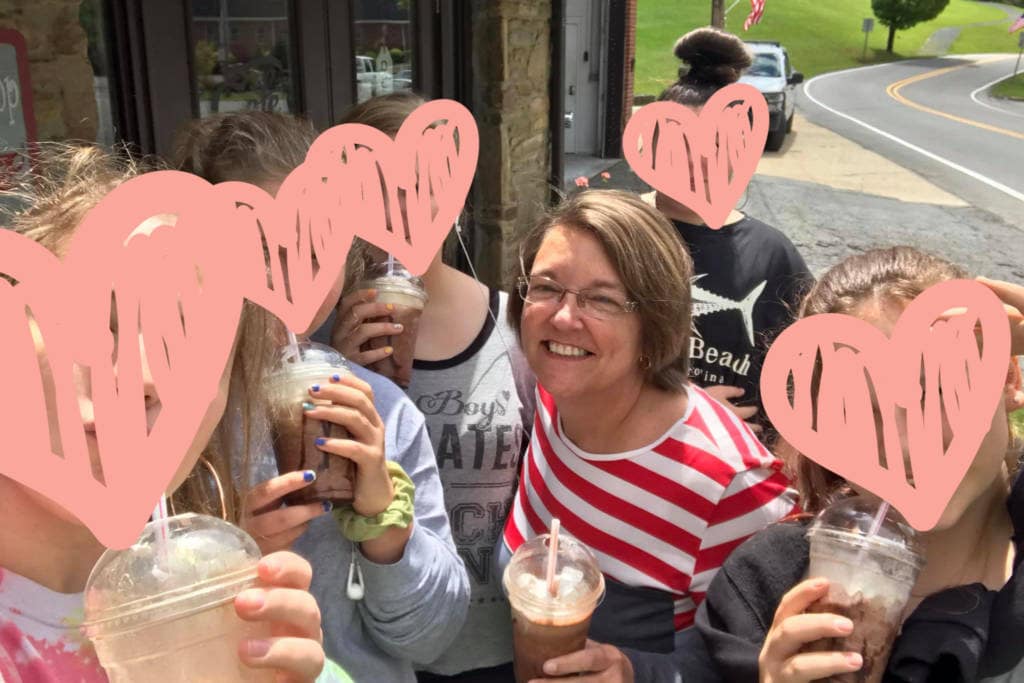
Betty says the foundational heart of a Cottage Parent is love and understanding. And this is a common theme with our Cottage Parents. They know trauma. They show grace. Lots and lots of grace. They understand that the question we should be asking is not, “What is wrong with you?” but “What happened to you?” And then even looking past that, they work to help each child identify what’s strong in them. Despite their past. Despite their trauma. They help each child see what awesome qualities and gifts they bring to this broken world.
Looking forward.
“It’s not about where you come from,” says Betty. “It’s about where you’re going.” Betty and all of our Cottage Parents have a special gift for helping our children look forward. Helping them know they are beautiful, important, and have so very much to offer to the world.
We currently have multiple positions for Cottage Parents on both our Avery and Winston-Salem campuses. These children need safety, compassion, and connection to stable adults in their lives. They need structure, stability, rules (yes, whether they like it or not), but most of all, understanding and grace. “We can talk a good game,” says Betty. “But putting those words into action is the most important thing.”
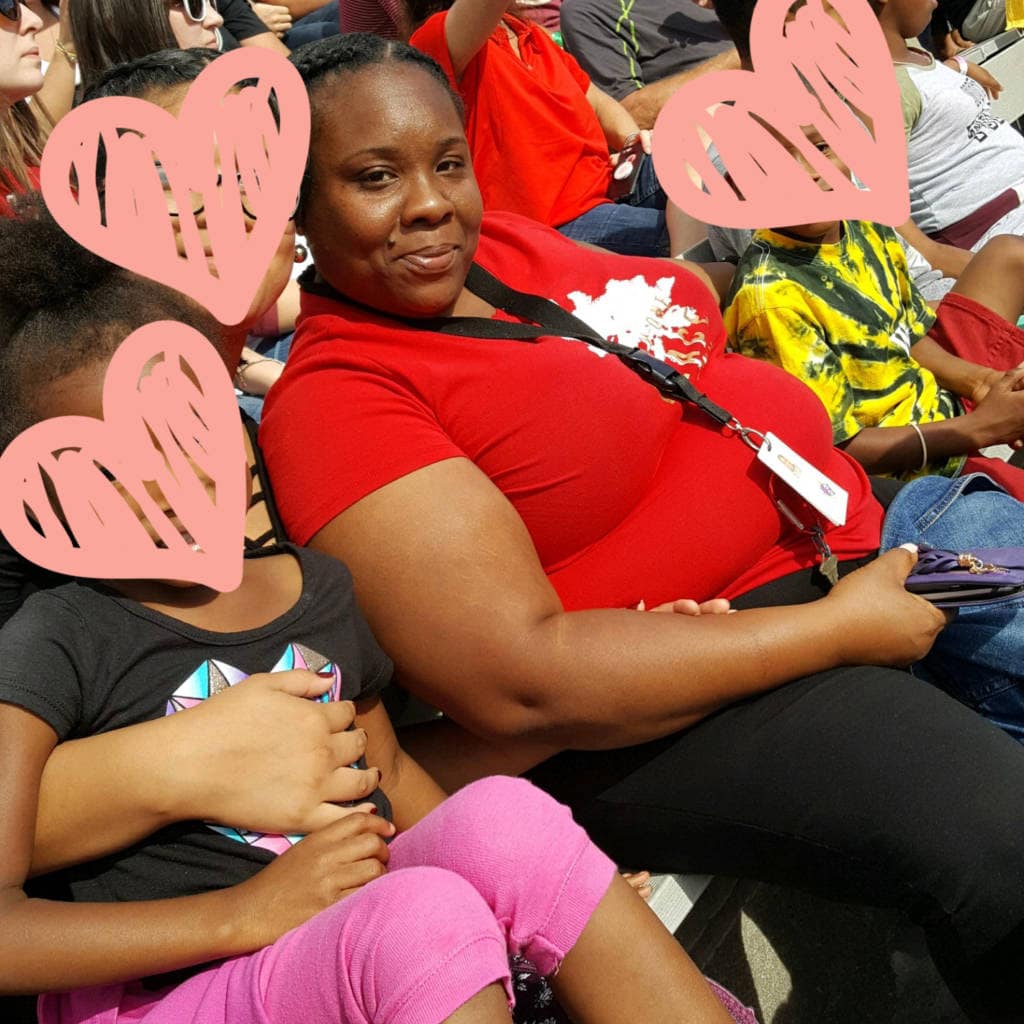
We invite you to consider a position as a Cottage Parent. CPs work seven days on, seven days off, making a difference every day in the lives of the children they serve. To find out more, visit www.crossnore.org/careers. We all want change in the world. Maybe that change can start with you.


